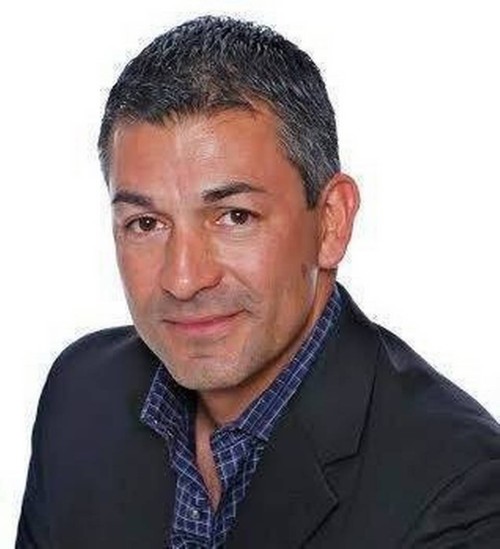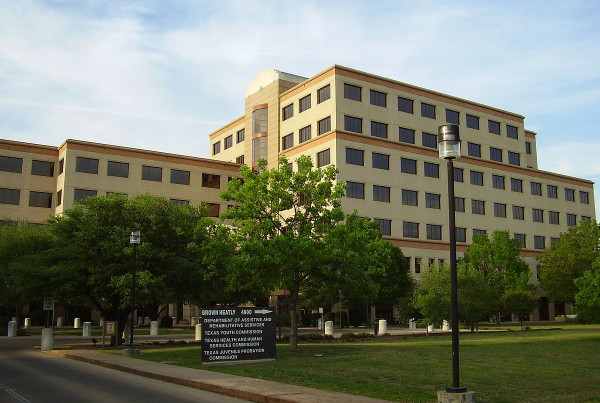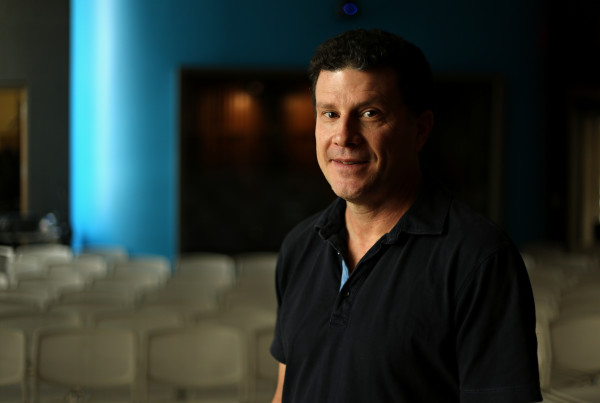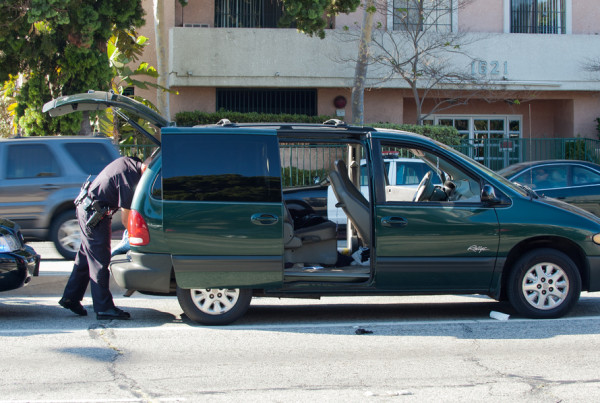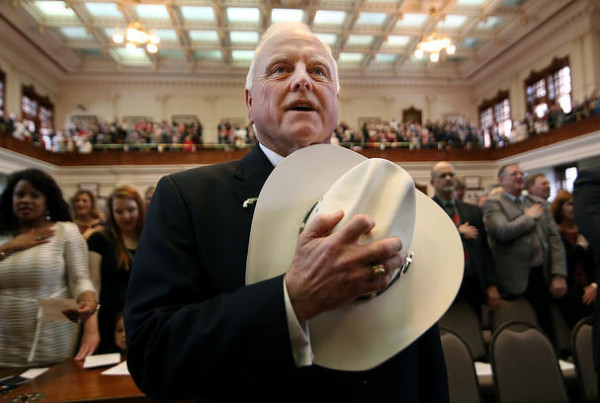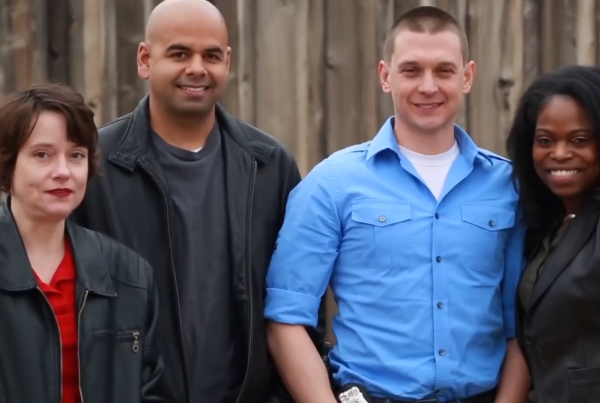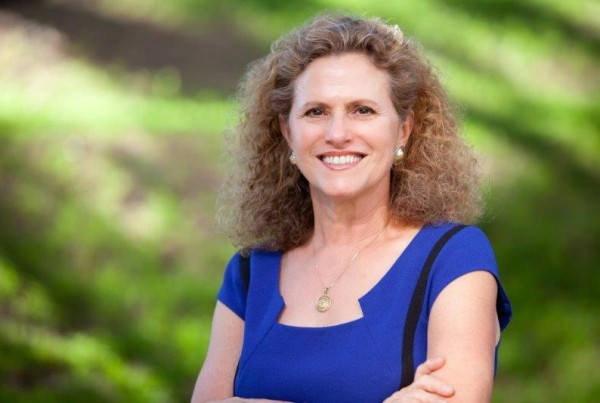The 84th Texas Legislature kicks off this week. Of the 181 seats, just over one-third will be filled by Democrats. Of those 63 heading to Austin on Monday, only three will be doing so for the first time.
To boil it down, it’s lonely being a new Democrat in the Texas legislature. But more to the point, with Republicans so firmly in control, how can an incoming Democrat hope to get much done?
Last week, Texas Standard sat down with one of the three freshman Democrats to talk about his hopes for the upcoming legislative session. State Rep. Ramon Romero Jr. is a businessman and former member of the Fort Worth City Planning Commission. Listen to the interview in the player above.
Interview Highlights:
On why he ran for office:
“I decided to run [because] after so many conversations, folks need to put up or shut up. The beauty of democracy is that you can place your name on that ballot. I felt like it was time for some bravery to go against an incumbent who had been there for a very long time.”
“I live, and have lived in the same neighborhood my entire life. I’ve created my businesses in that community, and witnessed the city of Fort Worth grow to almost double its size in the last 20 years. The growth I saw wasn’t really helping to community that I continue to live in. And I felt like there were some answers that could only be addressed at the state capital.”
On what he hopes Texas Democrats can accomplish this session:
“Finding common ground with any person, Democrat or Republican, I believe is going to be easier than most people think. Texas needs jobs. We have to find ways to employ these folks. … The power of the people comes by the work that they provide, comes by growing businesses. There’s some legislation that we hope to introduce that’s going to show that. This bill, which we call TAP, Texas Apprentice Program, is going to focus on how we can incentivize some of these businesses within the inner city. … We need growth within the inner city core. … We have to reward those people that have that bravery to be inside the core where arguably profits aren’t as high. We have to find ways to incentivize businesses that have gone out into the suburbs, and bring them back into our communities.”


